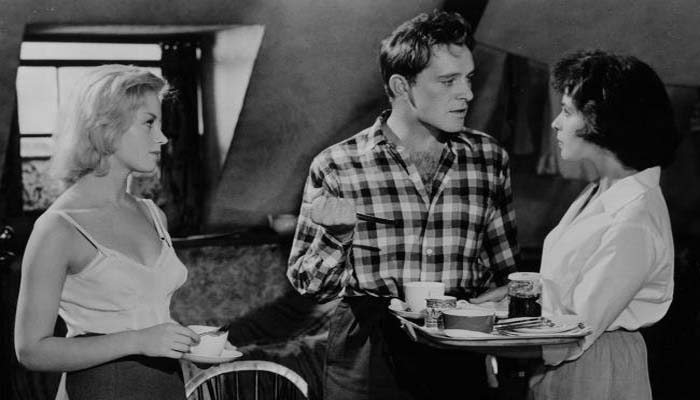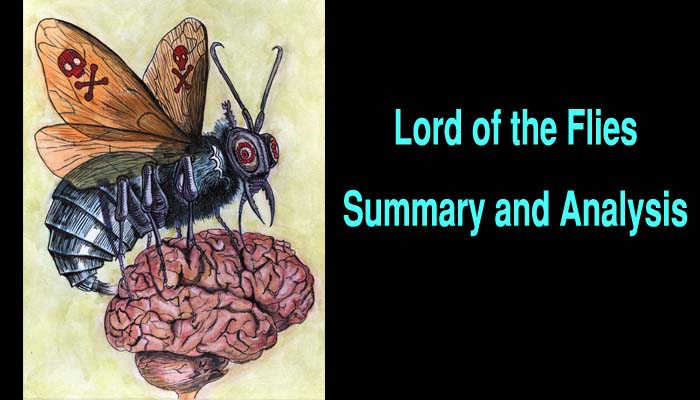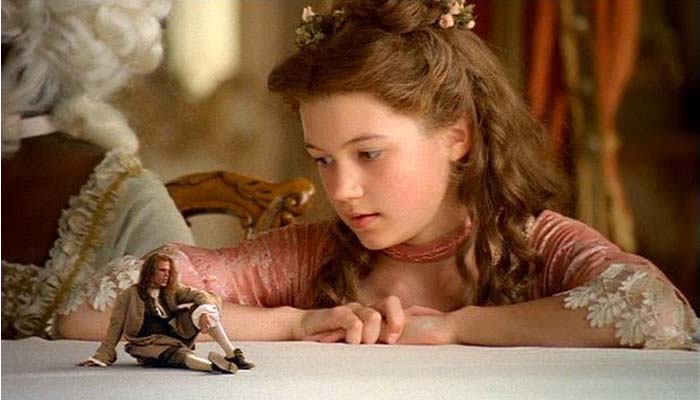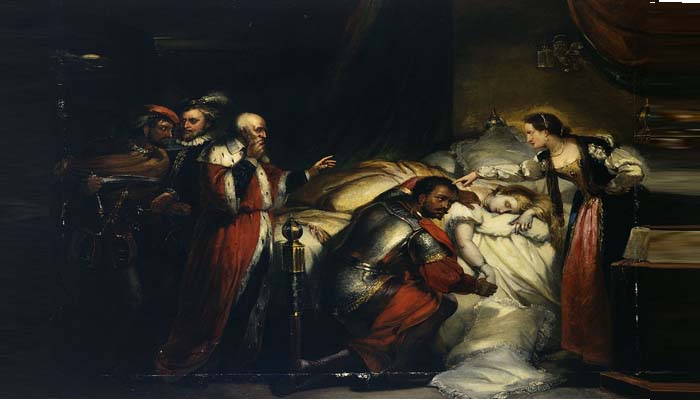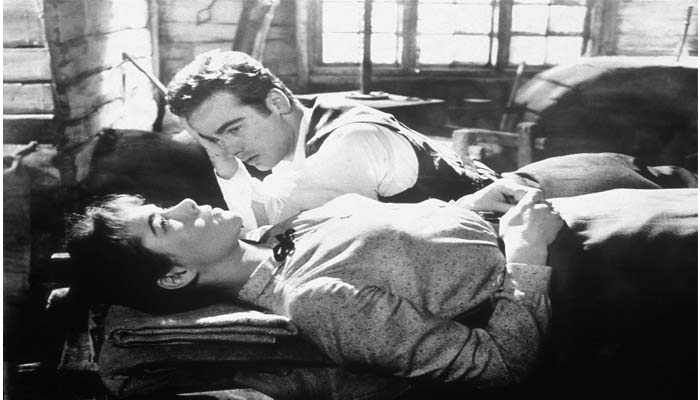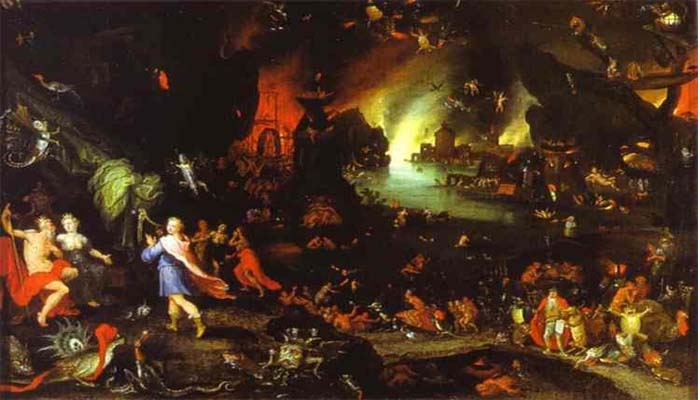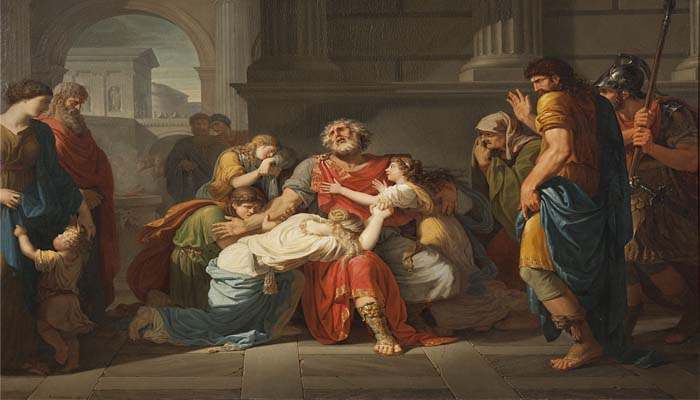
Sons and Lovers summary and themes. How does D.H. Lawrence deal with Sigmund Freud’s psychoanalytical theory Oedipus complex in Sons and Lovers?
Sons and Lovers Themes
“Sons and Lovers” a 1913 novel by D.H. Lawrence is a novel for a psychoanalytic interpretation. The Oedipus complex, which deals with a child’s emerging sexuality, is one of Freud’s most famous theories. Freud illustrated his theory with the story of Sophocles’ Oedipus Rex. Oedipus unwittingly murders his father and marries his mother in the story. According to Freud, all male children develop an erotic attachment to their mother and are envious of the father’s relationship with the mother. Sigmund Freud’s concepts of psychoanalytical theory Oedipus complex help us understand human behavior in the novel “Sons and Lovers”.
Sons and Lovers Summary
Sigmund Freud’s concepts psychoanalytical theory of the Oedipus complex focused on the male child being afraid of being castrated by his father, he suppresses his sexual attraction to the mother and waits for his own sexual experience. However, if the boy does not complete these steps, he will carry the oedipal complex into adulthood. As a result, having this complex ends up making forming adult relationships with others extremely difficult. In other words, if the child does not grow out of this type of behavior, he would become dysfunctional as an adult.
The relationship between the parents represents the beginning of the Oedipus complex of William and Paul. The boys witness an abusive marriage where Walter Morel often returns home drunk after gambling on family money. All of these boys despise their father while being sympathetic and protective of their mother. Children see in their mother one who is good and holy. Instead, he kept his sons away from themselves and their fathers.
Gertrude Morel is subconsciously casting her sons into what she wants so that they can finally take charge of her husband. She is obviously dissatisfied with her marriage, so she tries to live a love life through her sons. This stimulus forms an oedipal attachment to two boys.
Many aspects of the Oedipus complex usually refer to Paul, the son. However, the mother bears the same level of responsibility for the outcome. Without Gertrude Morel’s strong love, Paul would not have been so attached to her in Sons and Lovers. As a result, it is clear that Gertrude Morel’s feelings for her son have a significant impact on the causes of Paul’s Oedipus complex.
Because the intimacy of his relationship with his mother is so complete that he finds the quality of love he can give and receive from another woman deficient and unsatisfying in comparison, psychoanalytic readings of D. H. Lawrence’s Sons and Lovers frequently discuss Paul Morel’s psychology in terms of the Sigmund Freud’s psychoanalytical theory of Oedipus complex.
As a result, different interpretations of the novel in conclusion, with some believing that Paul is finally moving towards an independent adult existence, while others believe that he is an emotional derelict drifting towards death in order to be with his deceased mother.
End
by Md. Rabby Sharif Ador
also read: Contribution of Socrates and evaluation on his death


